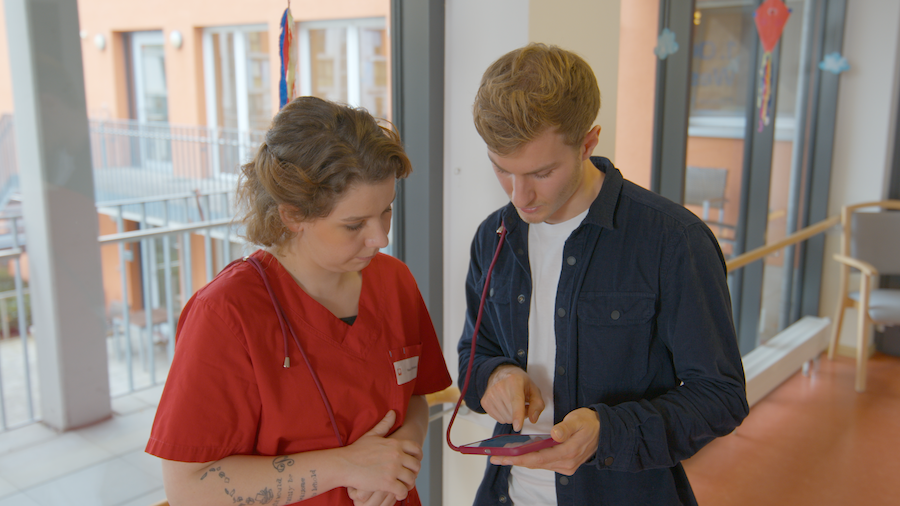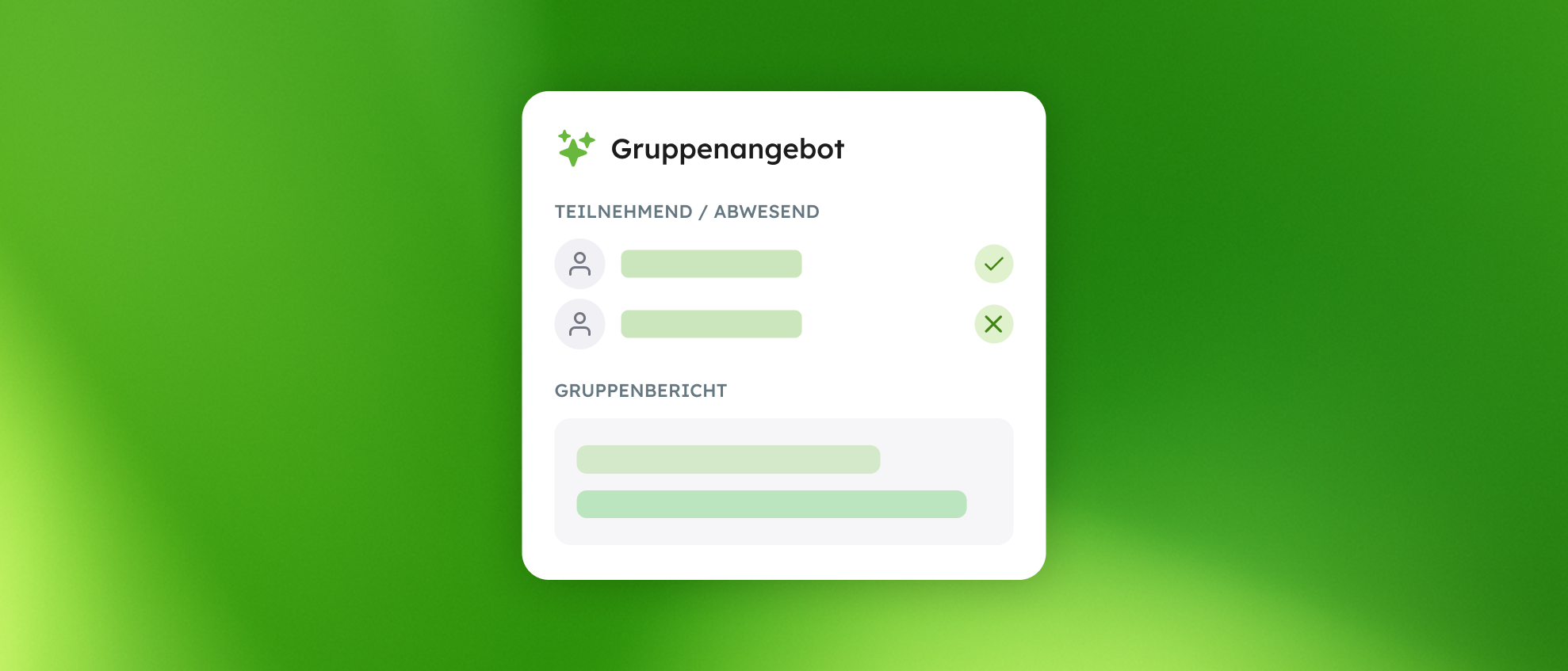Pilot study - Effects of the voize voice assistant on documentation time
The amount of time spent on care documentation increases the workload in elderly care. A pilot study shows that the AI-supported voice assistant voize significantly reduces documentation time - and thus creates more time for the direct care of residents.

Heading
Heading
Heading
Lorem ipsum dolor sit amet, consectetur adipiscing elit. Suspendisse varius enim in eros elementum tristique. Duis cursus, mi quis viverra ornare, eros dolor interdum nulla, ut commodo diam libero vitae erat. Aenean faucibus nibh et justo cursus id rutrum lorem imperdiet. Nunc ut sem vitae risus tristique posuere.
Care workers in elderly care are exposed to high levels of stress, including time pressure, overtime and a lack of breaks. Around 40% of their tasks involve multitasking, which correlates with increased fatigue and burnout. Complex care documentation can be optimized using digital technologies such as artificial intelligence (AI). The voice assistant voize enables more efficient documentation through voice input by automatically categorizing content and creating care reports or other documentation entries. This pilot study investigated its impact on the time required for care documentation.

At the first measurement point (t0), eight nursing professionals (n = 8) took part, at the second measurement (t1) there were six nursing professionals (n = 6), with three people taking part at both t0 and t1. The goal of accompanying the same care professionals was only achieved for three people. In the overall sample, the average documentation time was: t0: M = 64 min. (SD =20.82, N = 8) at t1: M = 24.81 min. (SD = 7.98, N = 6). The difference between the mean values is M = 39.2 min, which corresponds to a reduction of 61.2%. The results of the sub-sample, in which the nursing staff were identical at both points in time, show a greater time saving: t0: M = 72.65 min (SD = 31.2, n = 3) and at t1 M = 24.3 min (SD = 9.45, n = 3). Here the difference between the mean values is M = 48.34 min. which corresponds to a reduction of 66.5%.
The pilot study shows that care staff with previous PC documentation needed an average of 64 minutes, while after the introduction of the AI-supported voice assistant voize, the documentation time fell to 25 minutes. These results provide initial indications of possible time savings that could help to relieve the burden on care staff and improve the direct care of residents. Further studies with larger samples and additional variables are required to further verify these effects.
More information
Poster - Digital helpers in care
Whitepaper - Pilot study: Simply speak care documentation








